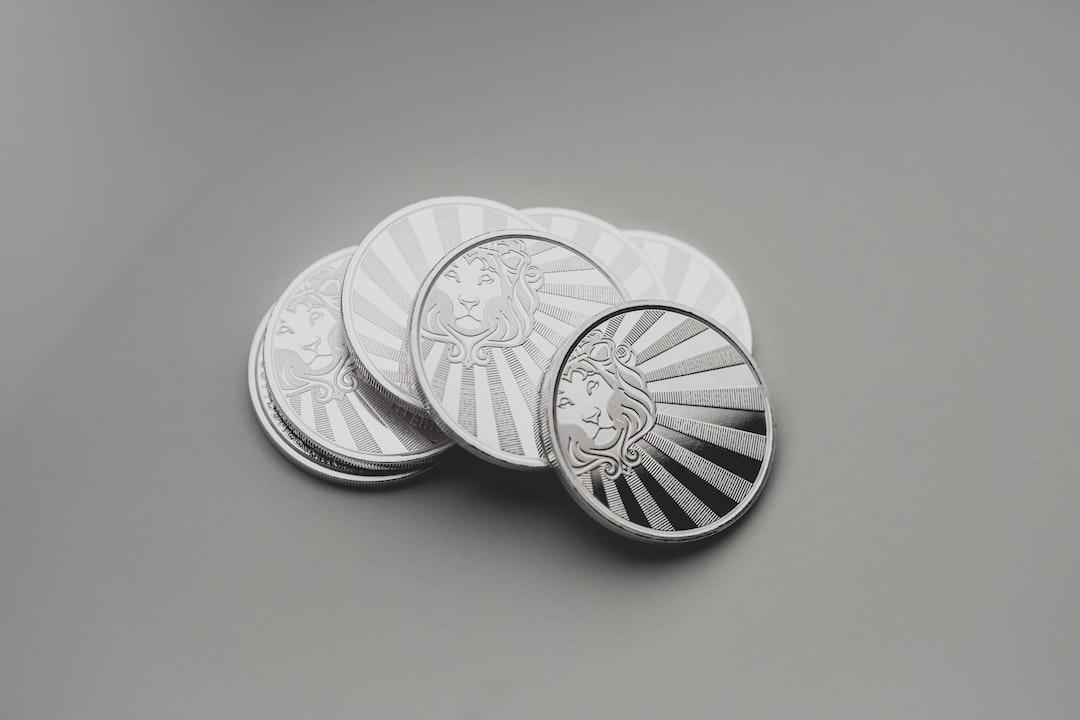The cryptocurrency industry in Iceland is making progress, but has not yet fully realized its potential, with some unique geographic advantages yet to be developed.
Güli Gislason, Chief Investment Officer of Viska Digital Assets, emphasized the impact of the 2008 banking crisis, which led to capital controls on the Icelandic Krona, raising awareness of cryptocurrencies and blockchain technology.
In 2014, interest in cryptocurrencies in Iceland grew stronger, with Baldur Frigjar Orinsson airdropping Aurora coins to 330,000 people from the national database, leading many to convert their tokens into Bitcoin.
Despite these developments, Gislason believes that Iceland lags behind in cryptocurrency adoption and education. He pointed out that, despite managing cryptocurrency funds for two years, Iceland is still in the early stages as an asset class compared to neighboring countries.
Iceland excels in renewable energy, with over 99.98% of its electricity coming from renewable sources, making it an ideal choice for Bitcoin mining by utilizing excess energy that would otherwise be wasted. However, increased demand for electricity from electric vehicles and limited development of new power plants led to a period of energy shortage and environmental issues.
The founder of Viska Digital Assets is also involved in the Bitcoin mining company Greenblocks, which faces challenges but also sees potential. Gislason emphasized the need for building more power plants and highlighted the investment criteria for hedge funds: liquidity, market interest, and proper risk management. The company avoids exposure to high-risk entities such as FTX and Silvergate Bank by focusing on these factors.
He is optimistic about the future, believing that the industry is in an exciting phase of adoption curve, with major players like BlackRock increasingly getting involved in Bitcoin and other crypto assets.

